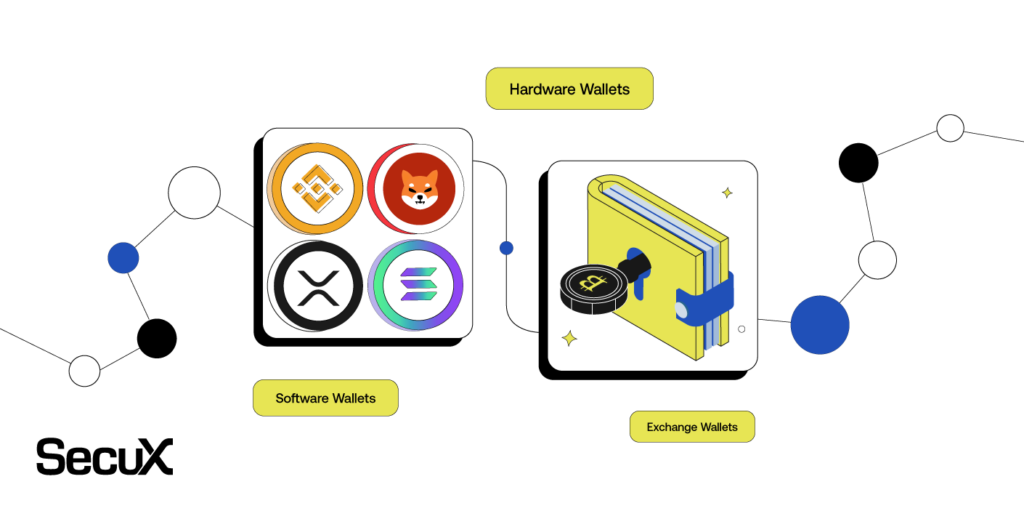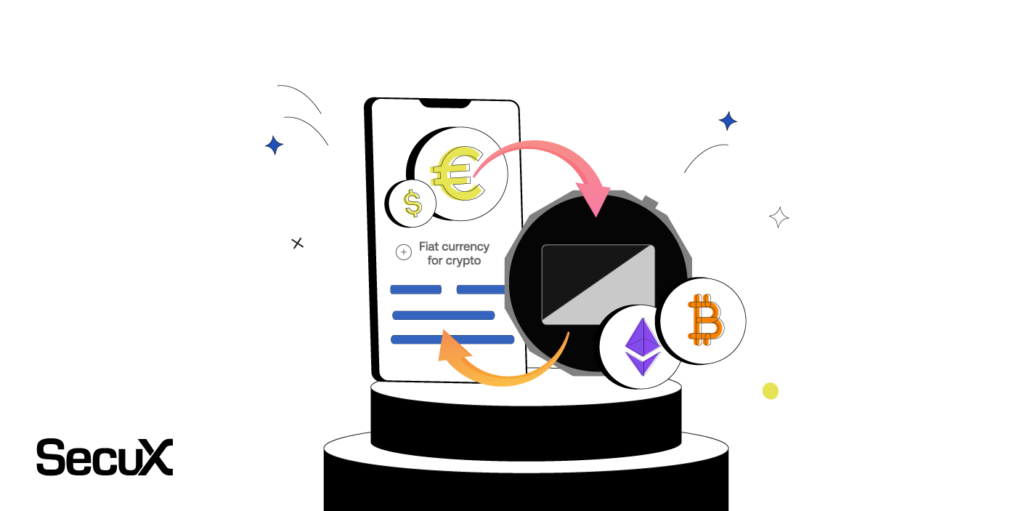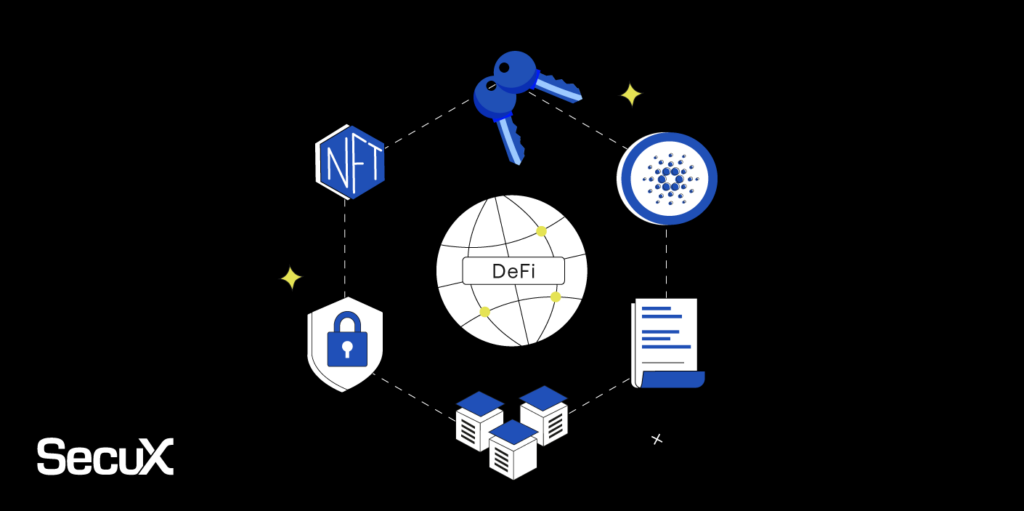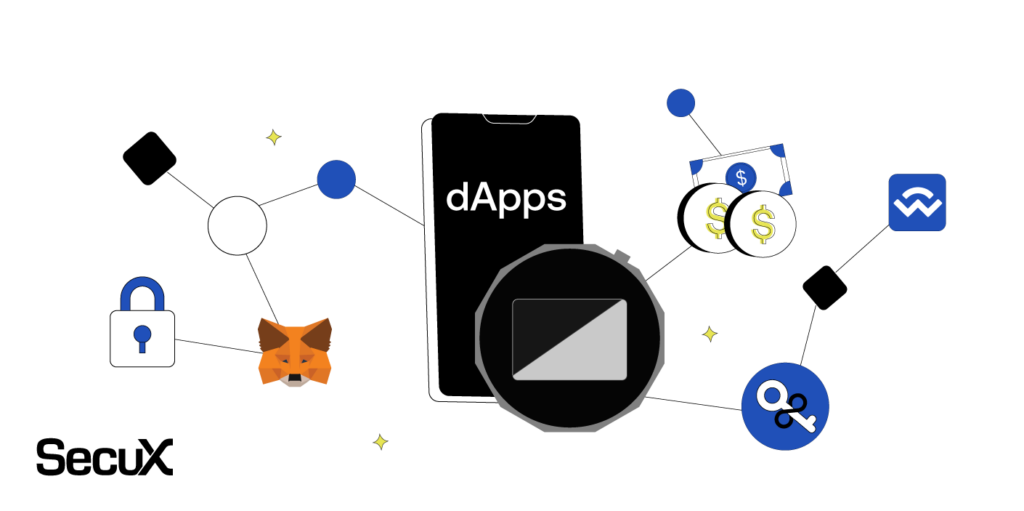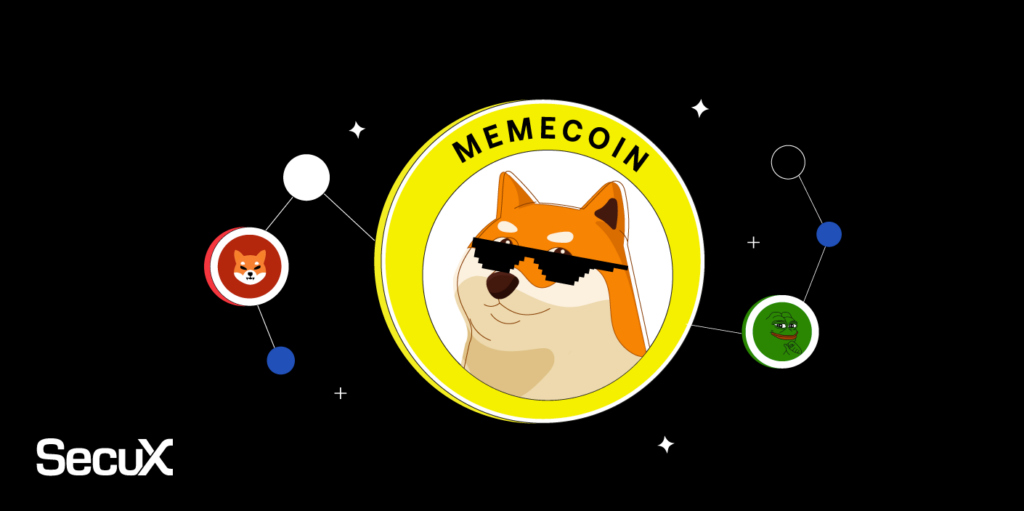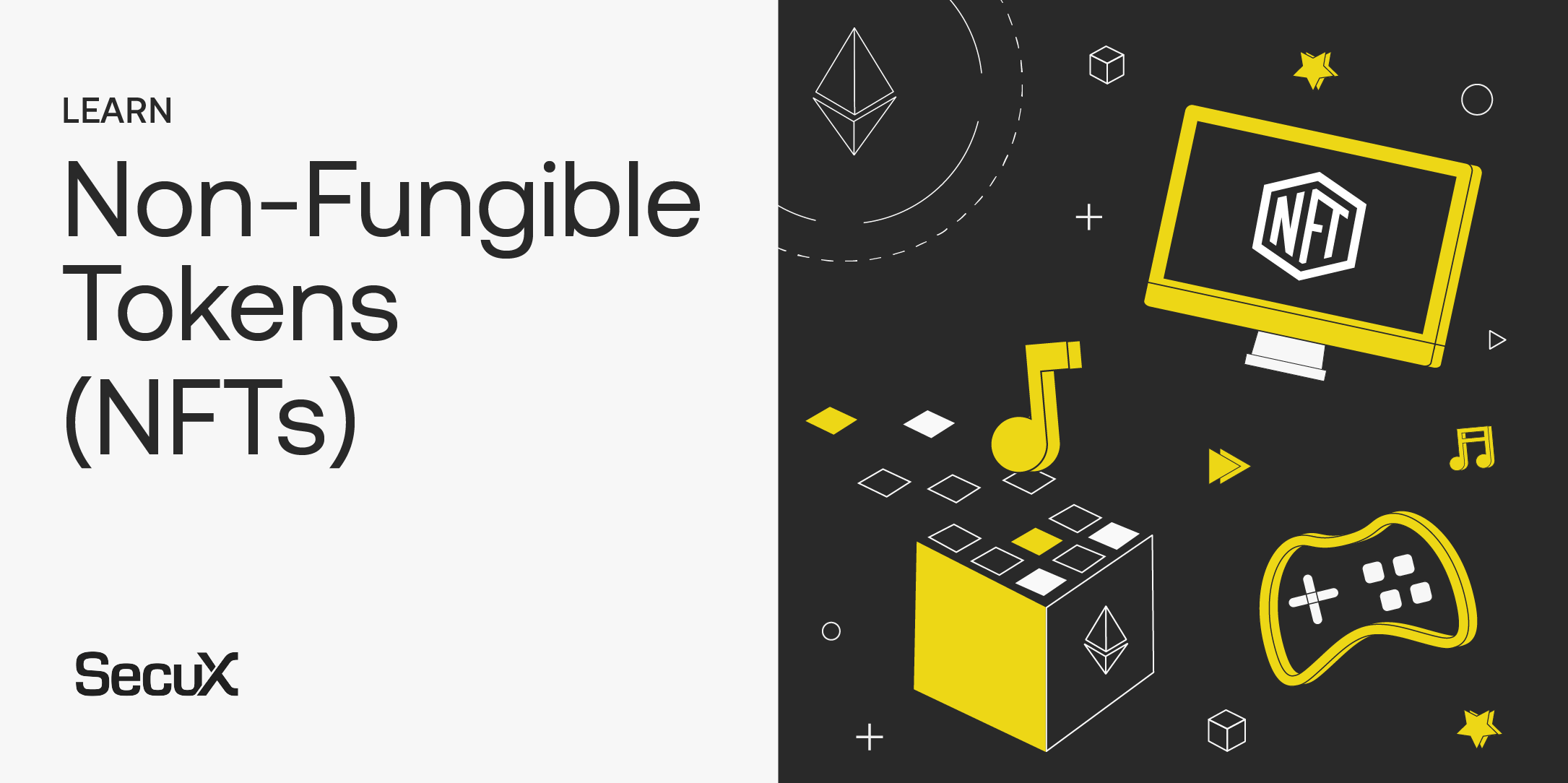
NFTs have been around since 2014, but only became popular in recent years. In 2021, a highlight video of LeBron James doing a windmill dunk was sold for $387,600 US dollars as an NFT. In the same year, an artwork of an alien with blue-greenish skin by CryptoPunk and the first-ever tweet by Twitter creator Jack Dorsey was sold for $7.58 million and $2.9 million US dollars, respectively.
So what is an NFT and what does it stand for?
NFT stands for non-fungible tokens. Non-fungible is an economic term that you could use to describe things like your car, a picture, or your computer. These things are not interchangeable for other items because they have unique properties. Fungible items, on the other hand, can be exchanged because their value defines them rather than their unique properties. For example, ETH or dollars are fungible because 1 ETH / $1 USD is exchangeable for another 1 ETH / $1 USD.
NFTs are tokens that are entries in a blockchain ledger that gives exclusive ownership over digital art and media. They let us tokenize things like art, collectibles, even real estate. They can only have one official owner at a time and they’re secured by the Ethereum blockchain – no one can modify the record of ownership or copy/paste a new NFT into existence. An NFT is digitalized and coded the same way a token is. An NFT is also not duplicable and retains all of its transaction histories. You can tell who has owned that specific NFT and how many times it has been traded before. Because of that, you can easily prove if you created the NFT or if you are the current owner of the NFT. NFT can also be set up with royalties, where if you are the creator of an NFT, you can receive royalties every time it gets traded in the future.
There are currently 2 ways to mint an NFT: ERC-721 and ERC-1155
ERC-721
The ERC-721 (Ethereum Request for Comments 721), proposed by William Entriken, Dieter Shirley, Jacob Evans, Nastassia Sachs in January 2018, is a Non-Fungible Token Standard that implements an API for tokens within Smart Contracts.
It provides functionalities like to transfer tokens from one account to another, to get the current token balance of an account, to get the owner of a specific token and also the total supply of the token available on the network. Besides these it also has some other functionalities like to approve that an amount of token from an account can be moved by a third party account.
If a Smart Contract implements the following methods and events it can be called an ERC-721 Non-Fungible Token Contract and, once deployed, it will be responsible to keep track of the created tokens on Ethereum.
ERC-1155
ERC-1155 is a unique token that supports non-fungible (NFTs) and fungible tokens. It’s faster and more efficient to use in batch token transfers. Developed by Enjin, it is called, “the next generation multi-token standard.”
ERC-1155 can use a single contract to make various types of NFTs. Basically, In ERC-1155, you can send any number of items to one or multiple recipients in a single transaction. Gas fees are cut by 90%, making it an affordable way for anyone to start minting on blockchain. The only real drawback is that the NFT is harder to track in terms of ownership. To save data stored on blockchain, ERC-1155 has specifications on the Ethereum logs that have less robust information.
ERC-20 is limited to fungibles, and ERC-721 is limited to contracts with individual unique copies of items. The two token types are not very compatible or mixable.
ERC-1155 Crypto Items improve on this by combining the benefits of both. You may create thousands of different types of items for your game, and depending on the use case, each unit may have a unique index or be fully fungible with the others.
Where and How can you buy an NFT?
If you are looking to purchase NFTs, you will need a crypto wallet that supports Ethereum coins, as most NFTs are based on the Ethereum network. Some popular NFT marketplaces include OpenSea, Mintable, Nifty Gateway, and Rarible. However, it’s important to note that these transactions will also require “gas” fees, which are Ethereum’s way of charging for transactions. To ensure the security of your funds, it’s recommended to use a hardware wallet, such as a cold wallet, to store your cryptocurrency. This will keep your private keys offline, protecting them from potential cyber threats. By using a hardware wallet, you can safely store your Ethereum and NFTs, and even conduct transactions directly from your device, all while keeping your funds secure.
If you mint an NFT or multiple NFTs via ERC-1155, the cost is greatly reduced.
Benyamin Ahmed
Benyamin Ahmed is a 12-year-old that lives in London. He began learning how to code at just 5 years old after watching his father work as a web developer.
As an avid Minecraft player, Ahmed created his first collection of NFTs: 40 colorful, pixelized avatars called Minecraft Yee Haa. Though the collection did not immediately sell, Ahmed saw the project as a learning experience.
Ahmed then launched his second collection, the Weird Whales, in July of 2021. The Weird Whales featured 3,350 pixelated whales, each with distinct traits. The entire collection sold out in nine hours, earning over 80 ether, plus 2.5% royalty for every secondary sale. As of August, Ahmed has made over 110 ether, just a little bit over $350,000 USD.
NFT on different chains
Though most of the NFTs exist on Ethereum chains, other blockchains have also started supporting NFTs. The list includes: BSC, FLOW, Tezos, Solana, Matic, Cardano, and Tron. As the technology matures, users will have more ways to create and sell their NFTs on different blockchain networks.
Though SecuX hardware wallets do not support the storage of NFTs at the moment, it is on our roadmap for the future. In the meantime, SecuX users can use their SecuX device, together with the Wallet Connect feature in the iOS app, to purchase NFTs using ETH. SecuX is also planning on expanding the feature for Android and BSC users. Be sure to follow our website and our social media pages for more updates in the future.
